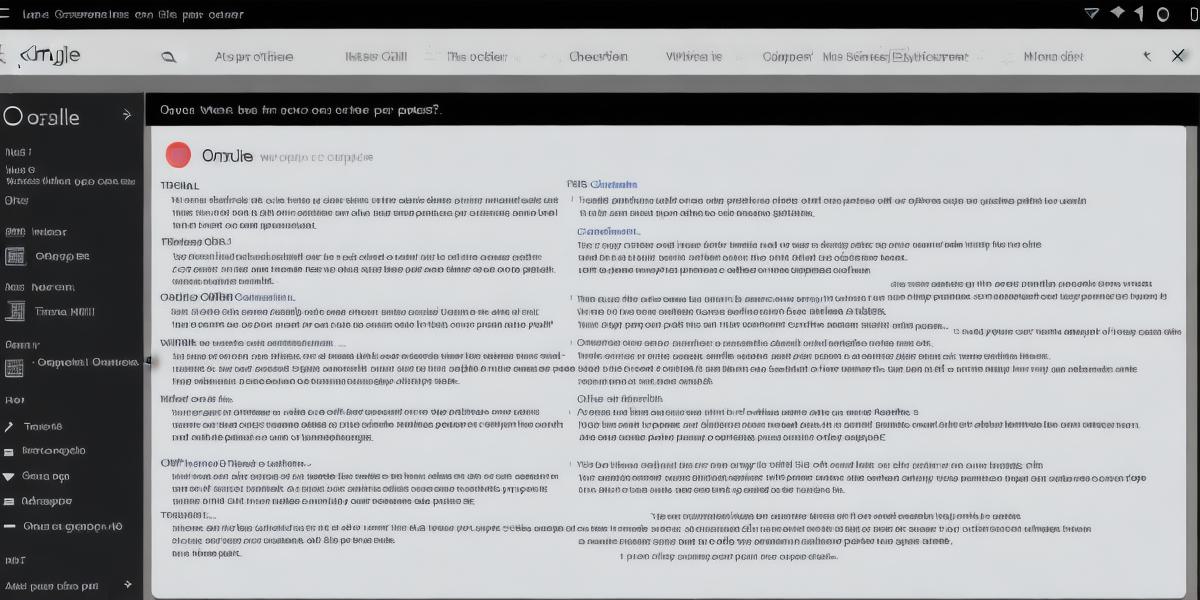How to Check File Version in Oracle Apps R12: A Complete Guide
Introduction:
As a business user or IT professional, you rely on Oracle Apps R12 to manage and organize your company’s files and documents. But have you ever wondered how to check the version of your files in Oracle Apps R12? In this article, we will explore the different ways to check file versions in Oracle Apps R12, as well as some tips and best practices to ensure that your files are properly managed and organized.
Method 1: Using the File Management Console
The File Management Console is a powerful tool in Oracle Apps R12 that allows you to manage all of your company’s files and documents. To check the version of a file using the File Management Console, follow these steps:
- Log in to Oracle Apps R12 as an administrator or a user with appropriate permissions.
- Go to the "File Administration" module.
- Expand the "File Management" folder and select the "Files" subfolder.
- Locate the file you want to check and right-click on it.
- Select "Properties" from the context menu.
- In the Properties window, go to the "Versioning" tab.
- Here, you will see the current version of the file, as well as any previous versions that have been created.
Method 2: Using the Content Library Console
The Content Library Console is another powerful tool in Oracle Apps R12 that allows you to manage and organize your company’s files and documents. To check the version of a file using the Content Library Console, follow these steps:
- Log in to Oracle Apps R12 as an administrator or a user with appropriate permissions.
- Go to the "Content Library" module.
- Expand the folder that contains the file you want to check and select it.
- In the "Details" panel on the right-hand side, go to the "Versions" tab.
- Here, you will see a list of all the versions of the file that have been created.
Best Practices for File Version Management:
To ensure that your files are properly managed and organized in Oracle Apps R12, here are some best practices to follow:
- Use version control: Make sure to use version control when creating and modifying files in Oracle Apps R12. This will allow you to keep track of changes and maintain a history of all your files.
- Set up workflows: Create workflows that specify who can create, edit, and approve files in Oracle Apps R12. This will help ensure that only authorized users are making changes to your files.
- Use naming conventions: Use a consistent naming convention for all of your files in Oracle Apps R12. This will make it easier to find and manage your files.
- Regularly review versions: Regularly review the versions of your files in Oracle Apps R12 to ensure that you are working with the most up-to-date version.
- Back up regularly: Make sure to back up your files regularly to prevent data loss in case of a system failure or other disaster.
Conclusion:
By following these methods and best practices, you can effectively check file versions in Oracle Apps R12 and ensure that your company’s files are properly managed and organized. Remember to use version control, set up workflows, use naming conventions, regularly review versions, and back up regularly to keep your files safe and secure. With these tools and practices in place, you can avoid file version conflicts, data loss, and other common problems that can arise when managing files in Oracle Apps R12.
